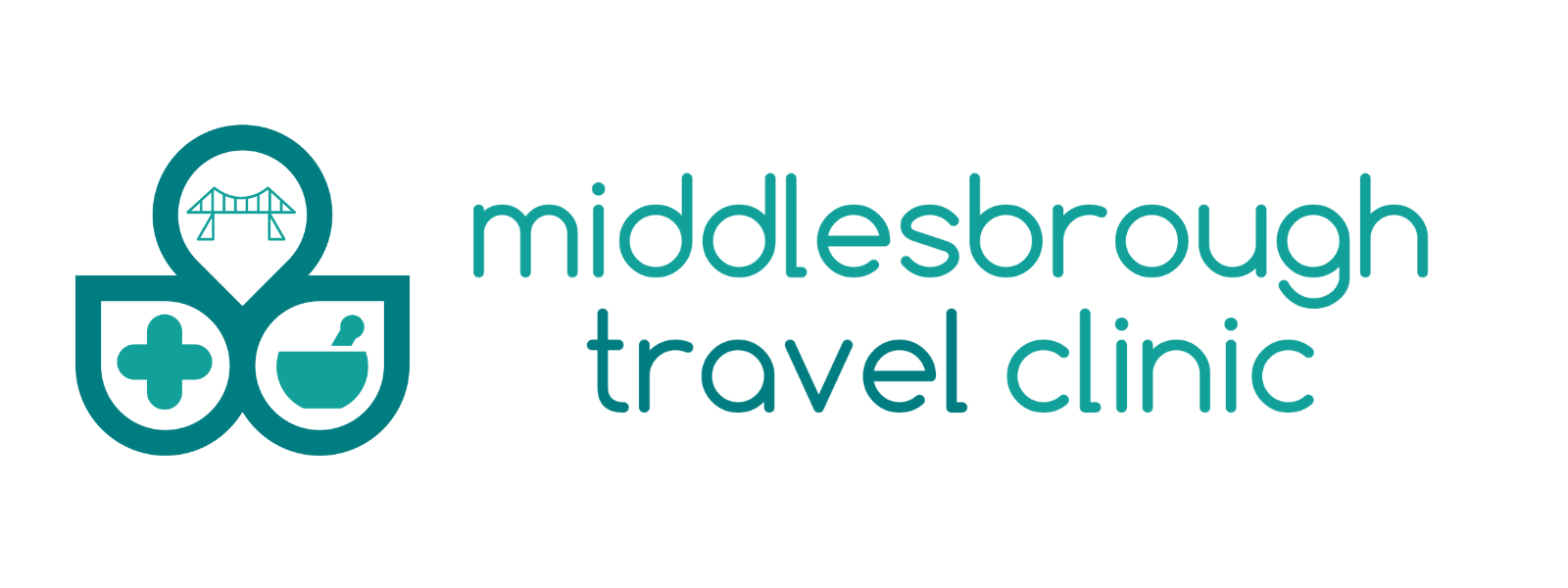Meningococcal Disease
Although Meningococcal disease is an uncommon infection, it is potentially fatal. The bacteria Neisseria meningitidis are 6 disease-causing strains called serogroups (A, B, C, W, Y, and X) that cause the disease. Around 10 percent of the whole population in the UK are thought to be carriers of N. meningitidis in the nose and throat lining. The transmission between people happens through coughing, kissing, sneezing, or through close contact with a carrier.
Although carriers are usually asymptomatic, the disease can develop when bacteria attack the bloodstream from the nasopharynx (area at the back of the nose and throat). Invasive infection is a rare but severe outcome that occurs present as septicaemia (blood poisoning) or meningitis (infection of the brain lining).
In most regions of the world meningococcal infection usually occurs in individuals or in small groups. The infection is more frequent in the ‘meningitis belt of sub-Saharan Africa, which stretches across the dry savannah parts from Senegal in the west, to Ethiopia in the east. These outbreaks specifically occur during the dry season and are caused by serogroup A. After a number of large outbreaks linked with the pilgrimage to the Kingdom of Saudi Arabia, everybody travelling for the Hajj or Umrah is currently needed to show proof of immunisation with a quadrivalent vaccine (protection against the A, C, W, and Y serogroups) before acquiring a visa.
Invasive meningococcal disease regularly presents as meningitis or septicaemia.
Symptoms of meningitis include:
– sudden onset of fever
– intense headache
– neck stiffness
– nausea and vomiting
Symptoms of septicaemia include:
– fever
– chills
– confusion
– a rash
Both infections are severe and may progress quickly with a high risk of complications.
Prevention
Before travelling, everyone should seek advice about their risk of meningitis. Meningococcal infection is mostly a risk for individuals visiting places subject to outbreaks or a region where a known outbreak occurs.
Those at risk include:
– long-stay travellers who have close contact with the general population and healthcare workers.
– those visiting family and friends.
– anyone who lives or travels ‘rough’ for instance backpackers.
– people without a spleen or have a poorly-functioning-spleen.
– individuals with confirmed immune deficiencies.
Meningococcal Infection Vaccines
Travelling to high-risk areas is not safe without getting the complete ACWY vaccine (Menveo® or Nimenrix®). Vaccination is recommended if any activities might put one at increased risk.
Book Now!
